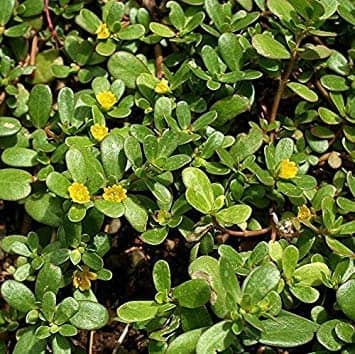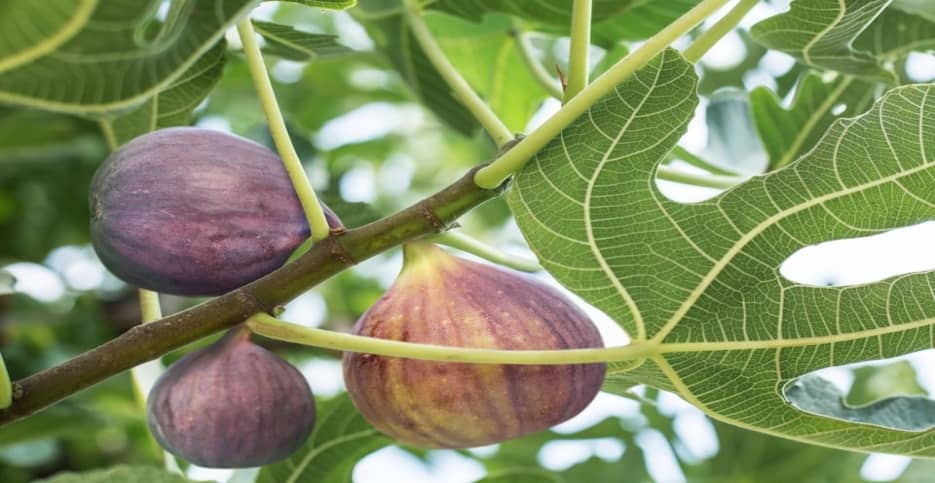Try GOLD - Free
Indian Wild edible Plants that you can eat to survive
Scientific India
|January - February 2020
Nature has provided different sources of life forms on which human survived on planet Earth. Primitive man ate all types of fruits, leaves, roots of plants collecting from wild; before he learnt to grow plants. Out of the Earth’s half million plant species, only about 3,000 species havebeen used as agricultural crops and only 150 species are cultivated on largescale. Some edible plants and fruits are given below but If you are at any point unsure about the plant identification, we are advised not to consume it.
-

Prickly pear cactus
The Prickly Pear Cactus is a palatable as well as nutritious plant that is typically found in the dry area. Its fruit is red or purple in colour. It need very much precaution to remove spines present on the out skin of fruit. It is promoted for treating diabetes, high cholesterol, obesity and hangovers. It's also touted for its antiviral and anti-inflammatory properties.

Portulaca oleracea
This common 'weed' is native to India. Purslane can be found growing in cold climate areas as well as warm areas. It has been used in salads and as a medicinal plant for hundreds of years. Purslane is a good edible and is eaten throughout much of Europe and Asia.
Milk thistle
Milk thistle is a flowering plant that comes from the same family of plants as the daisy. It grows in Mediterranean countries and is used to make natural remedies. Although it can be used as food, milk thistle is better known as having medicinal benefits. Different parts of the milk thistle plant may be used to treat various health conditions. The most common use of milk thistle is for liver problems.
Mulberry
Succulent, refreshing, tart and sweet mulberries or shahtoot are seasonal beauties. They carry colorful berries most commonly black, white, or red. Due to their sweet flavor, impressive nutritional value, and various health benefits, mulberries are gaining popularity worldwide

Red Leaf Fig (Ficus congesta)
This story is from the January - February 2020 edition of Scientific India.
Subscribe to Magzter GOLD to access thousands of curated premium stories, and 10,000+ magazines and newspapers.
Already a subscriber? Sign In
MORE STORIES FROM Scientific India
Scientific India
Japanese physicists were the first to measure the most tolerant entanglement state, the W state
There are many unusual things that happen in the world of quantum physics.
3 mins
September - October 2025

Scientific India
The Fifth Force: Could It Unlock the Secret of Dark Matter?
What if the universe is powered by a force we've never seen before? For centuries, science has explained nature with four fundamental forces.
3 mins
September - October 2025

Scientific India
A flu test you can chew
As flu season nears in the northern hemisphere, scientists are exploring a surprising new way to detect infection: through taste.
1 mins
September - October 2025

Scientific India
Lab-Grown Kidney Brings Artificial Organ Dream Closer to Reality
In a major leap toward bioengineered organ replacement, scientists have successfully grown human kidney 'assembloids' in the laboratory that mimic key structural and functional features of natural kidneys.
1 min
September - October 2025

Scientific India
Your pumpkin might be hiding a toxic secret
Pumpkins, squash, zucchini, and other members of the gourd family have a surprising trait: they can take up pollutants from the soil and store them in their edible parts.
1 mins
September - October 2025

Scientific India
2025 Nobel Prize in Physics Reveals Quantum Secrets in Superconducting Circuits
The 2025 Nobel Prize in Physics has been awarded to John Clarke, Michel H. Devoret, and John M. Martinis for their pioneering experiments that brought quantum mechanics from the invisible atomic world to the macroscopic scale a system large enough to hold in your hand.
1 mins
September - October 2025

Scientific India
Genomic Evidence Redefines the Evolutionary Age of Mosquitoes
A new genetic analysis has shaken up what we thought we knew about one of humanity's most notorious pests the mosquito.
1 min
September - October 2025

Scientific India
Nobel Prize in Chemistry 2025: Building Molecular Architectures with Room to Breathe
In a scientific breakthrough that bridges molecular design with planetary-scale problems, the 2025 Nobel Prize in Chemistry has been awarded to Susumu Kitagawa, Richard Robson, and Omar Yaghi.
1 mins
September - October 2025

Scientific India
Guardians of Immunity: Nobel Prize 2025 Honors Discoveries that Keep the Immune System in Check
The 2025 Nobel Prize in Physiology or Medicine has been awarded to Mary E. Brunkow, Fred Ramsdell, and Shimon Sakaguchi for their groundbreaking discoveries in the field of peripheral immune tolerance a crucial mechanism that prevents the body's immune system from turning against itself.
1 mins
September - October 2025

Scientific India
'Is cold nuclear fusion feasible?
In early May 1989, two chemists from the University of Utah, Pons and Fleischmann, arrived in Washington, U.S.A. The aim is to present their findings to members of the US Congress.
3 mins
September - October 2025
Translate
Change font size
